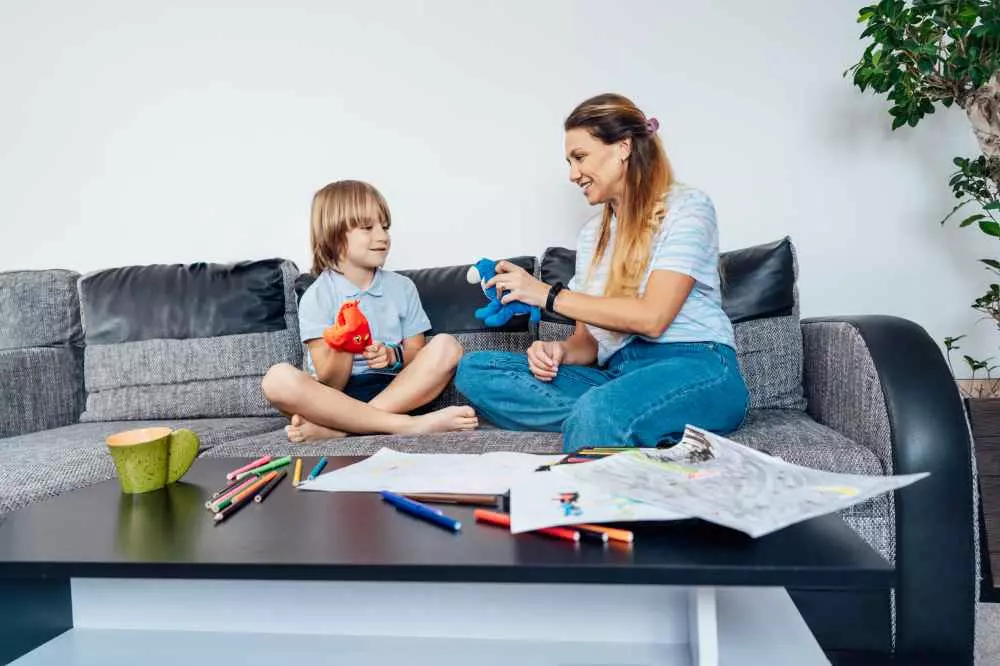What is psychotherapy for children?
Psychotherapy for children is a therapeutic method that aims to help children cope with various emotional, social and behavioral problems. Children, like adults, can struggle to cope with emotions, social relationships or stressful situations. Psychotherapy for children gives them the opportunity to understand and process their feelings and learn how to deal with difficulties in a constructive way. It is conducted by specialists, so-called psychotherapists for children, who have the knowledge and skills necessary to work with the youngest patients.
When to use psychotherapy for a child?
The decision to seek psychotherapy for a child can be difficult and emotionally taxing for parents. However, there are several signals that may indicate the need for therapy for a child. These include:

How does psychotherapy for children work?
Psychotherapy for children does not have a uniform course, as it depends on the age of the child, the type of problem and the therapist's preferences. However, in most cases, therapy for children consists of a series of one-on-one meetings between the child and the therapist.
During these meetings, the therapist creates a safe and supportive environment for the child to express his or her emotions and thoughts. The therapist may use a variety of therapeutic techniques appropriate to the child's age and needs, such as play therapy, games or art. The goal of therapy is to enable the child to understand and process his emotions and learn healthy coping strategies.
The important role of parents in psychotherapy for children
Parents play an important role in the process of psychotherapy for children. They are the ones who can observe changes in their child's behavior and emotions that may not be noticeable to the therapist. Parents' cooperation with the therapist is crucial, as they are the closest people to the child and have an impact on his daily functioning.
Regular conversations with the therapist and an open dialogue between parents and child are extremely important in the therapy process. Parents can also learn new strategies to cope with their child's difficulties and support them in everyday situations.Summary
Psychotherapy for children is an extremely important tool in dealing with emotional, social and behavioral difficulties. It gives children the opportunity to understand and process their emotions and learn healthy coping strategies. The decision to begin therapy can be difficult, but there are many signals that indicate the need for it, such as difficulties at school, behavioral changes or the experience of trauma. Also important in therapy for children is the role of parents, who play an important role in the child's recovery and support. Cooperation with the therapist and an open dialogue between parents and child are crucial in the therapy process.
Add comment